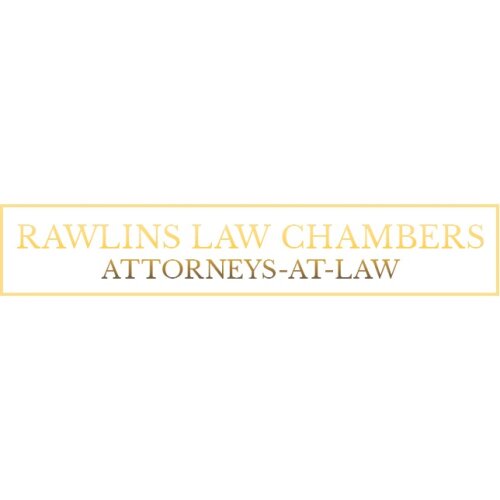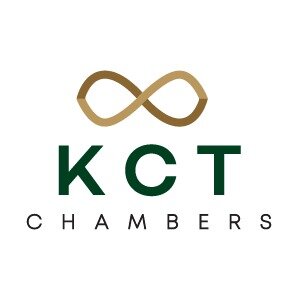Best Native People Lawyers in Barbados
Share your needs with us, get contacted by law firms.
Free. Takes 2 min.
Or refine your search by selecting a city:
List of the best lawyers in Barbados
About Native People Law in Barbados
Native People in Barbados refer to the indigenous population that have inhabited the island for centuries. They have a unique cultural identity and historical significance that is recognized and protected under various laws and regulations.
Why You May Need a Lawyer
There are various situations where individuals may require legal assistance related to Native People in Barbados. This could include land disputes, cultural heritage protection, discrimination cases, or seeking recognition of traditional rights.
Local Laws Overview
In Barbados, laws and regulations governing Native People focus on protecting their cultural heritage, land rights, and ensuring equal rights and opportunities. The Barbados Constitution recognizes the rights of indigenous people and guarantees their protection under the law.
Frequently Asked Questions
1. Are Native People in Barbados recognized under the law?
Yes, Native People in Barbados are recognized under the law and have specific rights and protections.
2. What rights do Native People have related to land ownership?
Native People in Barbados have rights to land ownership and traditional territories based on historical and cultural significance.
3. How can I protect the cultural heritage of Native People in Barbados?
You can protect the cultural heritage of Native People by supporting cultural preservation efforts and advocating for their rights.
4. Can Native People face discrimination in Barbados?
Yes, Native People in Barbados can face discrimination based on their cultural identity. Legal assistance may be needed to address such issues.
5. What is the role of the government in protecting Native People rights?
The government of Barbados plays a crucial role in protecting the rights of Native People and ensuring their cultural heritage is preserved.
Additional Resources
For legal advice and assistance related to Native People in Barbados, you can contact the Barbados Bar Association or the Barbados Legal Aid Clinic for guidance and support.
Next Steps
If you require legal assistance concerning Native People in Barbados, it is important to seek advice from a qualified lawyer who specializes in indigenous rights and cultural heritage protection. They can provide valuable insights and represent your interests in legal matters.
Lawzana helps you find the best lawyers and law firms in Barbados through a curated and pre-screened list of qualified legal professionals. Our platform offers rankings and detailed profiles of attorneys and law firms, allowing you to compare based on practice areas, including Native People, experience, and client feedback.
Each profile includes a description of the firm's areas of practice, client reviews, team members and partners, year of establishment, spoken languages, office locations, contact information, social media presence, and any published articles or resources. Most firms on our platform speak English and are experienced in both local and international legal matters.
Get a quote from top-rated law firms in Barbados — quickly, securely, and without unnecessary hassle.
Disclaimer:
The information provided on this page is for general informational purposes only and does not constitute legal advice. While we strive to ensure the accuracy and relevance of the content, legal information may change over time, and interpretations of the law can vary. You should always consult with a qualified legal professional for advice specific to your situation.
We disclaim all liability for actions taken or not taken based on the content of this page. If you believe any information is incorrect or outdated, please contact us, and we will review and update it where appropriate.
Browse native people law firms by city in Barbados
Refine your search by selecting a city.










